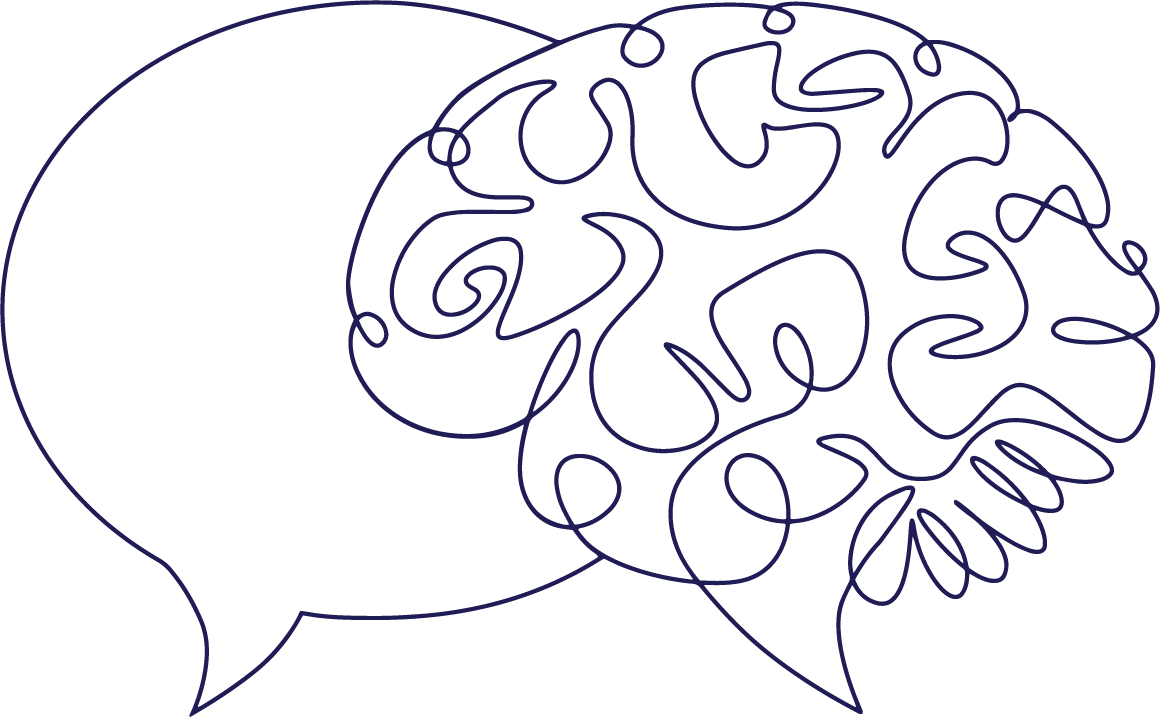
How we can help
Services
In-clinic (Ballina), telehealth and mobile speech pathology services for adolescents, adults and elderly people experiencing communication and/or swallowing difficulties.
Symptoms
What we can help with
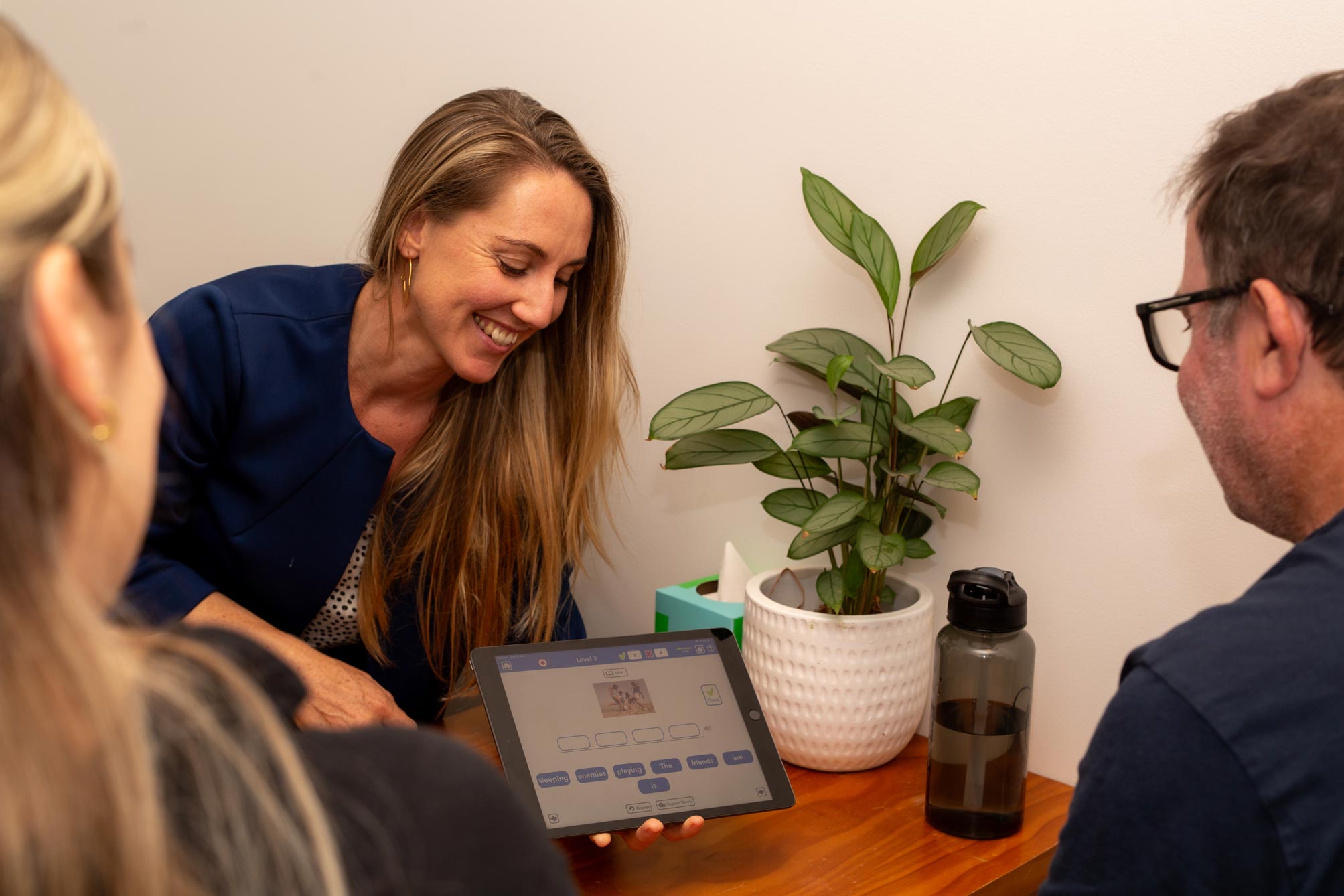
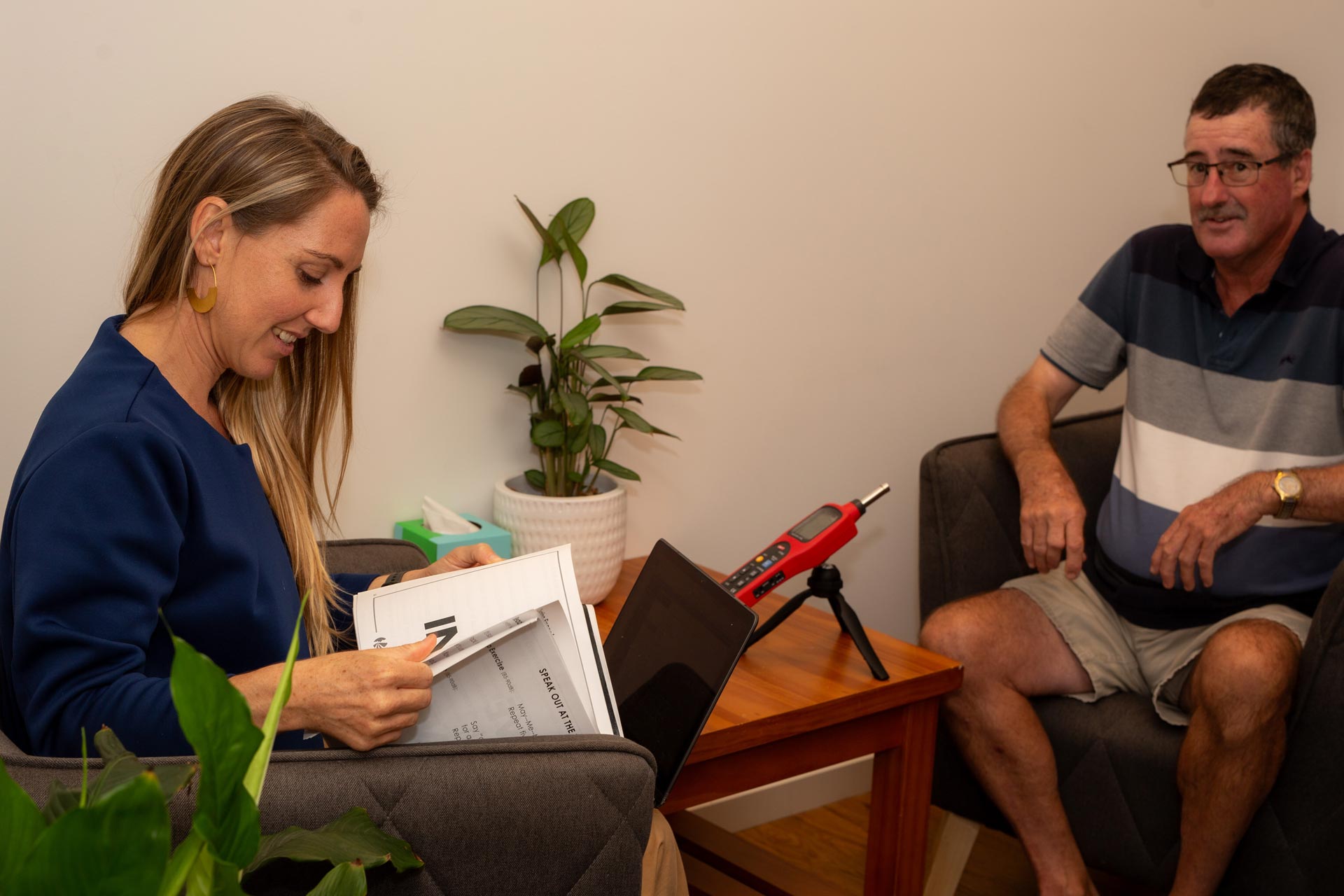
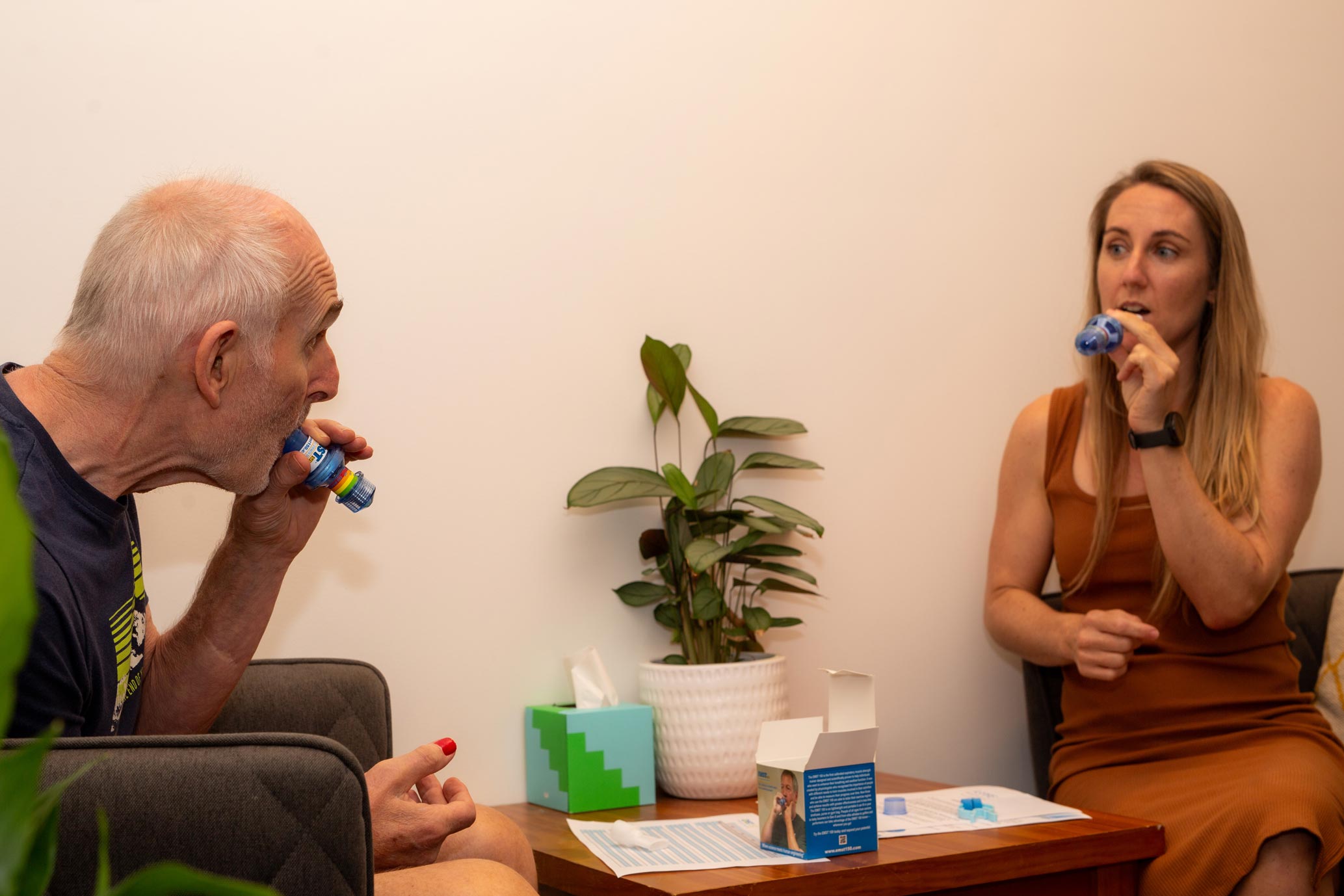
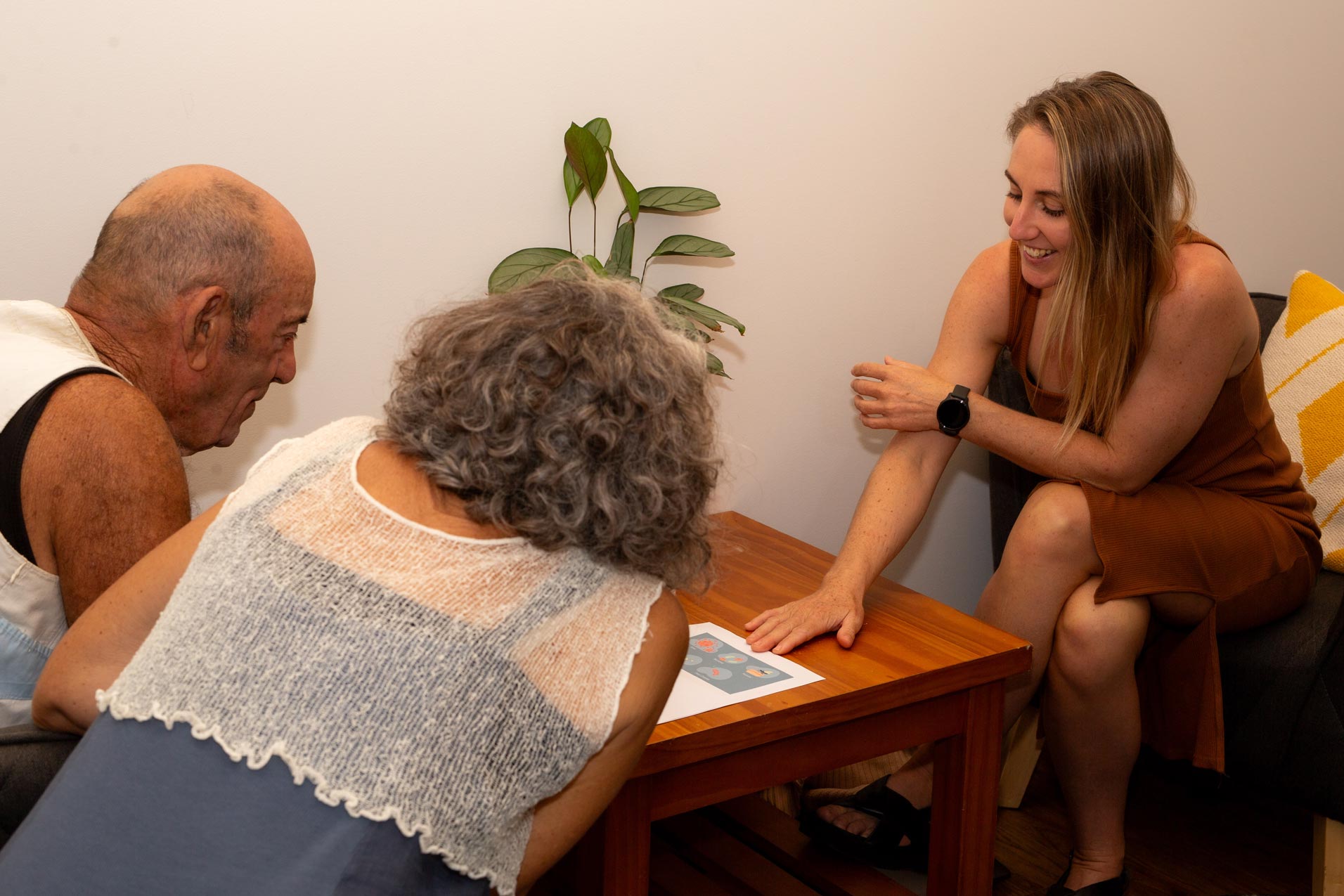
Dysphagia
Dysphagia is a medical term that refers to difficulty or discomfort with swallowing.
Social Engagement
Social engagement refers to the active participation in social interactions, relationships, and activities.
Cognitive Communication
Cognitive communication refers to the ability to use language and communication skills in conjunction with cognitive processes such as attention, memory, problem-solving, and reasoning.
Voice
A voice disorder refers to any condition that affects the quality, pitch, loudness, or resonance of a person’s voice, leading to difficulties in communication.
Stuttering
Stuttering, also known as stammering, is a speech disorder characterised by disruptions or interruptions in the normal flow of speech.
Language
Language difficulties include challenges individuals may face in understanding, producing, or using language effectively.
Motor Speech
Motor Speech disorders are characterized by difficulty moving the muscles needed for speech production due to weakness or reduced coordination.
Methods
How we can help

Methods
How we can help
Assessments
Communication and swallowing assessments to identify strengths and areas needing support, inform goals and therapy approach and assist in multi-disciplinary diagnosis and treatment.
Individual Therapy
Individual therapy sessions targeted at achieving client’s unique goals. We work collaboratively with clients and their support network to set and achieve realistic and functional therapy goals, with real life application.
Communication Partner Training
Education, training and support for caregivers and communication partners. Commonly used for people with Aphasia, Dementia and Traumatic Brain Injury.
Groups
Group sessions for Aphasia and Parkinson’s Disease will be available soon. These groups provide an opportunity for social engagement, maintenance of therapy outcomes and ongoing support of others with similar experiences.
Education and training
Groups or individual sessions for support staff, family, friends, carers or organisations wishing to learn how to support an individual with swallowing or communication difficulties. Specific techniques and strategies, information and opportunity to workshop individual questions.
Reports
Written reports include: Assessment reports, Progress reports, NDIS plan review reports and Assistive Technology reports
Our clients
Who we support
Northern Rivers Speech Pathology supports adolescent, adult and elderly clients with various medical conditions and disabilities, including:
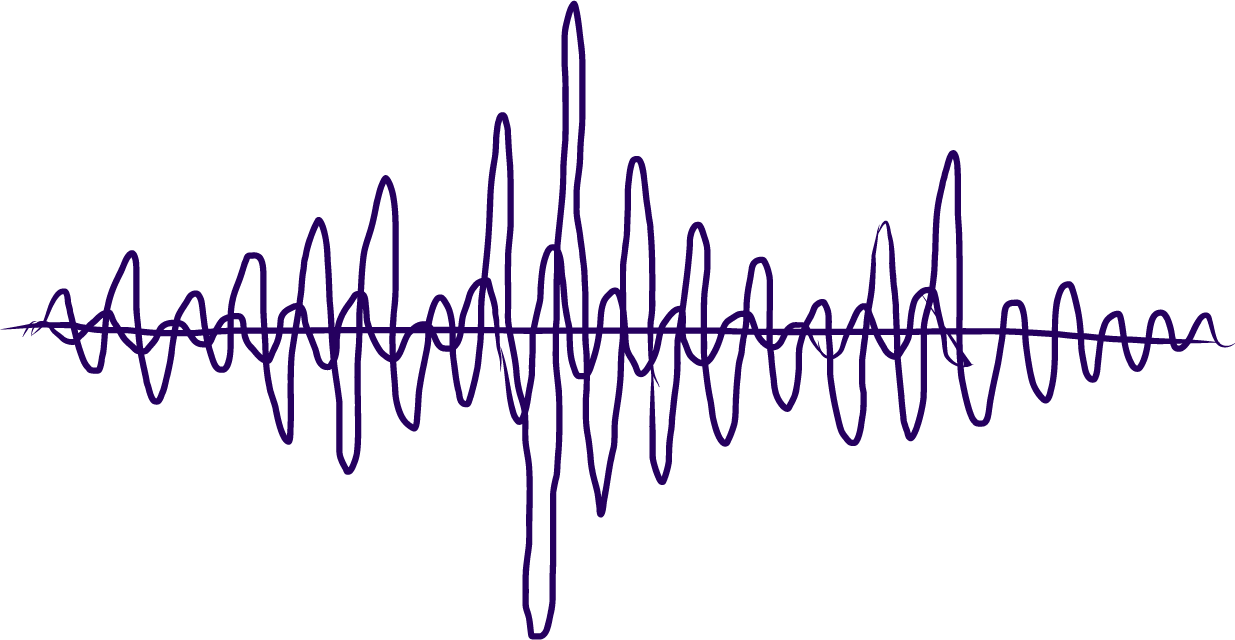
Parkinson’s Disease
People diagnosed with PD are likely to develop difficulty with their speech, voice and swallowing. The motor speech disorder that commonly results from PD is called ‘hypokinetic dysarthria’.
Helpful links for further information on PD
Stuttering
Stuttering is a fluency disorder that affects someone’s ability to speak with ease due to unplanned repetitions of sounds/words, pauses and long stretches of sound. People who stutter may feel anxious about speaking.
Helpful links for further information related to Stuttering
Stroke
Many stroke survivors will have short-term or ongoing difficulty with their communication and/or swallowing. They may have difficulty with language, motor speech, cognitive communication or dysphagia.
Traumatic Brain Injury (TBI)
TBI’s can occur at any age and may be the result of falls, vehicle accidents, violent assaults or sporting injury. A TBI causes damage to the brain that can result in problems with speech, language, cognitive communication and swallowing.
Dementia
Cognitive communication decline in patients with dementia is very common. Some types of dementia may cause primary language symptoms initially with only mild cognitive changes. Swallowing difficulties also commonly develop with the deterioration of cognitive functioning.
Lifelong disabilities
There are many lifelong disabilities that impact on communication and swallowing. Difficulties may include motor speech, language and cognitive communication.
Neurodivergent people
Autistic people, as well as other neurodivergent populations, may seek speech pathology services to support them with communication challenges that arise due to different social engagement expectations and behaviours.
